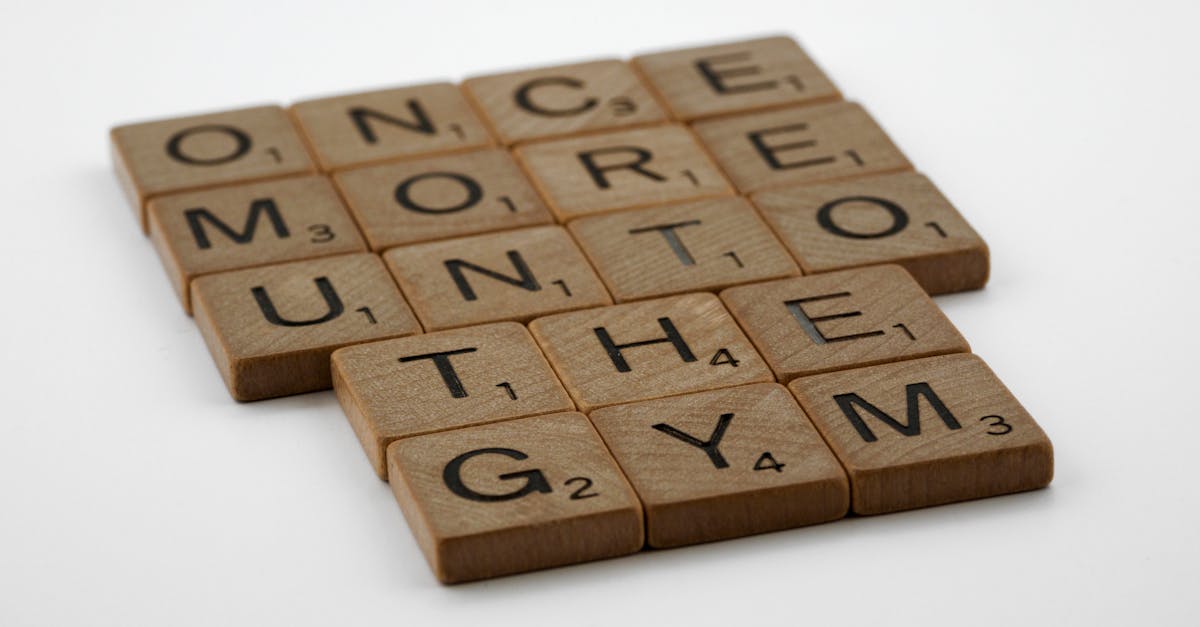Struggling to understand why the scale isn’t budging despite your best efforts? It’s incredibly frustrating when you’re eating well and exercising, yet your weight loss seems to crawl at a snail’s pace. This article will explore the various factors that can slow down your weight loss journey and provide practical steps to address these hurdles, ensuring you get back on track.
Why is Weight Loss So Slow? Unveiling the Hidden Factors
The Role of Hormonal Imbalances in Slow Weight Loss
Have you ever felt like your body is working against you? Hormones like leptin play a crucial role in regulating your appetite and metabolism. A study published in Frontiers in Nutrition highlights the importance of leptin levels; higher levels can signal successful weight loss, but an imbalance can seriously hinder your progress. I recall a time when I was intensely dieting; despite exercising, my lack of progress prompted me to see a nutritionist who then informed me about the impact of hormonal imbalances on weight loss. It was indeed an eye-opening moment!
Stress: A Silent Saboteur of Your Weight Loss Efforts
Chronic stress is often an overlooked factor in slow weight loss. When you’re constantly stressed, your body releases cortisol, which can actually promote fat storage, especially around your midsection. This is also detailed in this article on Piedmont.org. It explains that “stress can cause your body to store more fat”. It’s also discussed by Denver Health Medical Plan which also goes into this topic. I’ve personally experienced this when I was working on a particularly demanding project. Despite a consistent diet, my weight loss plateaued until I managed to get my stress under control.
Age and Its Impact on Metabolism
As we age, our metabolism naturally slows down, and we tend to lose muscle mass. This loss of muscle, as The National Center for Biotechnology Information confirms, leads to a slower metabolism, making it harder to lose weight. Mayo Clinic also explains that “the more muscle mass you have, the more calories you burn—even at rest”. I remember my grandmother telling me how much easier it was to lose weight in her youth, a personal experience reflecting this very point. I remember her saying that when she was younger, “I’d blink and the weight was gone!”
Metabolism: Understanding the Calorie Burn
A slow metabolism is not just about aging; it can also result from decreased muscle mass and increased fat, as the Piedmont article also discussed, but sometimes, it’s also because of inadequate caloric intake and poor food choices. Eating too little or relying on highly processed foods can further slow down your metabolism. My friend Sarah once drastically cut her calories, but instead of losing weight faster, her body went into “conservation mode,” making it harder to shed those pounds. This highlights how important it is to fuel our bodies properly for optimal metabolic function.
The Importance of Consistent Exercise for Weight Loss
While exercise is a cornerstone of weight loss, inconsistent or insufficient physical activity can definitely lead to a frustrating plateau. It’s important to combine strength training with aerobic exercises to build muscle, boost metabolism, and maintain a higher caloric burn, as the National Center for Biotechnology Information also points out. I’ve noticed a huge difference in my weight loss when I incorporate both; when I focused only on cardio, the results were not as significant.
The Impact of Diet on Weight Loss
Your diet is crucial. Consuming too many processed foods and not enough nutrients will hinder your weight loss efforts. Piedmont emphasizes how poor diet choices affect weight loss. Additionally, fad diets often result in short-term results that are very difficult to sustain in the long run. I recall when my neighbor tried a “grapefruit-only” diet; they lost weight rapidly but gained it all back, and more, soon after. Focusing on sustainable, nutrient-rich eating patterns is key.
Sleep Deprivation and Its Connection to Weight Loss
Are you getting enough sleep? Lack of sleep can mess with your hunger hormones, potentially leading to increased appetite and slower weight loss. Denver Health Medical Plan highlights how sleep deprivation can impact weight loss. I noticed that on nights when I slept poorly, I felt hungrier and less motivated to stick to my diet. It’s often a sign that my body is craving energy in the form of food.
Weight Loss Plateaus and How to Overcome Them
The body adapts over time, becoming more efficient at burning calories as you continue your workouts, leading to a dreaded plateau. This idea is also touched upon in this article in Denver Health Medical Plan. Changing up your routine and adjusting your caloric intake can help you break through this plateau. I know several fitness enthusiasts who regularly switch up their workout routines to avoid hitting a plateau.

Summary Table of Factors Affecting Slow Weight Loss
To help you better understand the complex factors behind slow weight loss, here’s a table summarizing the key points we’ve discussed:
| Factor | Explanation |
|---|---|
| Hormonal Changes | Imbalances in hormones like leptin affect appetite and metabolism. |
| Stress | Chronic stress increases cortisol, promoting fat storage. |
| Age | Metabolism slows with age, and muscle mass decreases. |
| Metabolism | Slow metabolism can be caused by decreased muscle mass, poor diet, or low caloric intake. |
| Lack of Consistent Exercise | Inconsistent or insufficient exercise leads to a plateau. |
| Poor Diet | Processed foods and fad diets hinder sustainable weight loss. |
| Sleep Deprivation | Lack of sleep affects hunger hormones, leading to increased appetite. |
| Plateau | Body adapts to workouts, requiring changes in routine and diet. |
Conclusion
It’s clear that the reasons for slow weight loss are varied and complex. From hormonal fluctuations and chronic stress to the natural effects of aging and inconsistent exercise habits, many factors play a part. Remember my friend Sarah’s story about cutting calories too drastically? It shows how easily the body can react negatively to drastic measures. By understanding these elements, you can take more informed and effective steps toward your weight loss goals. Adjusting your approach based on your specific needs is key to achieving sustainable and satisfying weight loss. Don’t get discouraged; keep focusing on the science, on your unique body, and on your consistency.
If this article has resonated with you and you now understand the possible reasons behind your slow weight loss, please share it with friends who might be experiencing similar frustrations. Let’s work together to debunk common myths and promote healthier, more informed approaches to weight management. Don’t give up, you are stronger than you know!
FAQ
Why am I not losing weight on a low-calorie diet?
Cutting too many calories can actually slow your metabolism. When your body thinks it’s in starvation mode, it holds onto fat reserves. Focus on nutrient-rich foods and a sustainable calorie deficit. The Piedmont article explains how reducing your calories too much can actually hurt your weight loss efforts.
Why is my weight loss slow even with regular exercise?
If you are only doing cardio and not combining strength training, you are missing an important factor in building muscle, which significantly impacts your metabolism. Your body may also be adapting to your current routine. Try incorporating different exercises and gradually increase intensity.
Can stress really affect weight loss?
Absolutely. High levels of stress lead to increased cortisol, which can promote fat storage. Finding ways to manage your stress, like meditation or yoga, can really help your weight loss efforts. The Denver Health Medical Plan also explains that chronic stress can cause your body to increase fat storage.
What is the best way to break through a weight loss plateau?
To break through a plateau, try mixing up your exercise routine, adjusting your calorie intake, ensuring adequate sleep, and managing stress. This Denver Health Medical Plan article explains that the body can adjust to workout routines over time. Don’t be afraid to seek guidance from a fitness or nutrition expert if you need further personalized advice.
How does age affect weight loss?
As you age, your metabolism naturally slows down, and you tend to lose muscle mass, making weight loss more challenging. It’s also important to note that The Mayo Clinic also touches upon the topic of slowing metabolisms as we age. Focus on maintaining muscle mass by incorporating strength training into your workout routine to help counter the effects of age.



